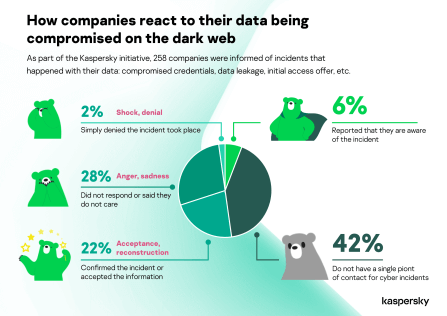At the beginning of 2023 the share of users attacked with spyware in the Middle East increased by 11.8% from Q4 2022 to Q1 2023. Focusing on countries, during the same time period, Qatar (23.8%), Egypt (22.7%), UAE (10.1%), Kuwait (7.8%) and Saudi Arabia (4.5%) also reported an increase in spyware attacks.

Spyware continues to be a threat to users of different types of devices, including thin clients.
Thin clients are used in corporate networks around the world to set up workspaces at a much lower cost than when using traditional laptop or desktop computers (thick clients). A thin client on a traditional OS (Linux, Windows-based) could potentially be targeted by different types of attacks, including spyware. A compromised thin client could serve as an entry point to the corporate network, and it could be used to get hold of confidential data, get control over other machines on the network, run malicious software. According to Kaspersky, there are over 60 vulnerabilities in thin clients that could be used by cybercriminals.
In response to advancing cyberthreats, Kaspersky promotes the Cyber Immune approach. The Kaspersky Secure Remote Workspace solution offers a manageable and functional thin client infrastructure that is built according to the secure-by-design principle and the Cyber Immune approach that makes them more resilient to cyberattacks in comparison to traditional thin clients. Together with Centerm, a global producer of thin clients, Kaspersky produces the KTC (Kaspersky Thin Client) – the world’s first thin client with Cyber Immunity that requires no additional antivirus protection tools. At the core of the solution lies KasperskyOS, a microkernel operating system. KTC excludes the possibility of exploiting a wide range of vulnerabilities common in traditional thin clients. Another component of the solution – the unified management console – solves the problem of managing and monitoring thin client infrastructure.
[1] All of these attacks were blocked by Kaspersky.





